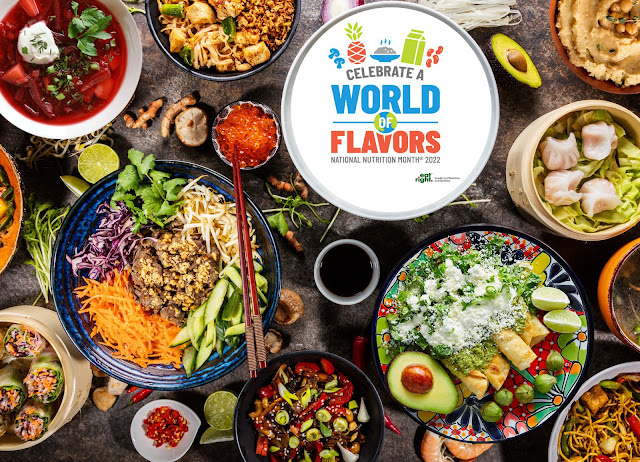There is truth in the saying, “a picture is worth a thousand words.” In fact, graphics communicate up to 60,000 times faster than text. An individual is more likely to read a story or blog when a photograph captures their attention.

My interest in graphic design and photography began when I discovered my son had difficulty reading. I wanted to find an alternative way of communicating with him. I noticed when we passed the golden arches, he knew it was McDonald's. When we went to the library, he was attracted to picture books. Using photography to teach nutrition started out as a hobby and turned into a passion.
Photography is one form of visual communication. It is found in children’s books, art galleries, publications, advertisements, communication boards, and most recently social media. Communicating nutrition using any of these venues opened up a world of possibilities and opportunities.
The popularity of photography has grown rapidly in the past few years due to the use of digital photography and social media. The free social media sites featuring photographs include Flickr, Instagram, Pinterest, Shutterfly, and Photobucket. Instagram reached over 100 million users. There are 300 million pictures uploaded to Facebook every day via Instagram (Instagram Statistics). The most followed Pinterest board is Delicious at 6.9 million followers with the slogan, “I love food and first of all we taste with our eyes.” Mitzi Dulan, a registered dietitian released the Pinterest Diet and has 3 million followers. Healthy Aperture is an online food gallery created by registered dietitians using recipe photographs to tempt readers.

When creating a photograph to communicate nutrition, the composition should be simple with recognizable images and convey a message to a specific audience. MyPlate, a visual design of healthy eating is a good example of using photography to communicate. These are some of the examples of how I use photography to communicate:

·
When teaching children about fruits and vegetables, it is easier to show half the plate with fruits and vegetables, rather than trying to explain it.
· The topic of whole grains might be lost without a photograph illustrating examples of whole grain foods.
· Protein sources may seem obvious to a health professional, but the consumer may benefit from a photograph displaying beans, nuts, tofu, meats, fish and poultry.
· Showing portion control is an eye-opener and a great example of using photography to communicate and educate.
· Comparing different foods with the same amount of calories is a popular composition.
· Creating a photographic grocery list by using MyPlate as a template allowed individuals with difficulty reading the ability to plan meals.
Using photographs to communicate nutrition is a fascinating area with tremendous opportunities. My ultimate goal is to create a photograph that stimulates the senses, and nourishes the body.












